Ukraine Humanitarian Appeal
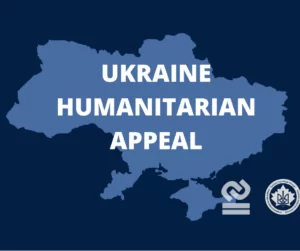
Ukraine Humanitarian Appeal
Displaced Ukrainians Appeal
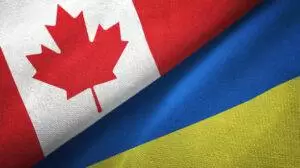
Displaced Ukrainians Appeal
Canada Ukraine Surgical Aid Program
The Canada Ukraine Surgical Aid Program – CUSAP is a humanitarian surgical aid initiative that provides life-changing care to patients affected by the war in Ukraine. The surgery mission model is based on the organization and mobilization of a self-sufficient multidisciplinary surgical team comprising all requisite staff, surgical hardware and supplies.
The goals of the program are to provide comprehensive state-of-the-art multidisciplinary trauma care and post-trauma reconstruction to both civilian and military casualties of war in Ukraine, and to provide support to Ukrainian health care professionals through education in trauma reconstruction.
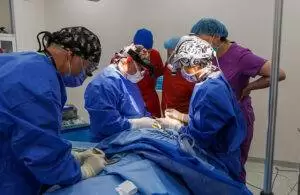
Canada Ukraine Surgical Aid Program
The Canada Ukraine Surgical Aid Program – CUSAP is a humanitarian surgical aid initiative that provides life-changing care to patients affected by the war in Ukraine. The surgery mission model is based on the organization and mobilization of a self-sufficient multidisciplinary surgical team comprising all requisite staff, surgical hardware and supplies.
The goals of the program are to provide comprehensive state-of-the-art multidisciplinary trauma care and post-trauma reconstruction to both civilian and military casualties of war in Ukraine, and to provide support to Ukrainian health care professionals through education in trauma reconstruction.
Holodomor Education
The Holodomor National Awareness Tour (HNAT), through its Holodomor Mobile Classroom (HMC), tours Canada raising awareness of the Holodomor while promoting core Canadian values of tolerance, civility, dignity, and human rights. Using its internationally awarded state-of-the-art multimedia lessons, the Holodomor Mobile Classroom engages and educates students and the public across Canada about the Holodomor, the famine-genocide that killed millions of people in Ukraine in 1932 – 1933.
It is the Holodomor National Awareness Tour’s mission to ensure that Canadians have the opportunity to learn about this tragic event in world history, and by reflecting on it, reinforce within themselves Canada’s values of human rights, equality, and social justice.
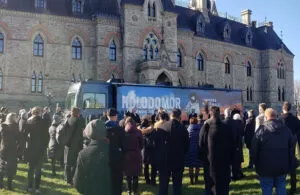
Holodomor Education
The Holodomor National Awareness Tour (HNAT), through its Holodomor Mobile Classroom (HMC), tours Canada raising awareness of the Holodomor while promoting core Canadian values of tolerance, civility, dignity, and human rights. Using its internationally awarded state-of-the-art multimedia lessons, the Holodomor Mobile Classroom engages and educates students and the public across Canada about the Holodomor, the famine-genocide that killed millions of people in Ukraine in 1932 – 1933.
It is the Holodomor National Awareness Tour’s mission to ensure that Canadians have the opportunity to learn about this tragic event in world history, and by reflecting on it, reinforce within themselves Canada’s values of human rights, equality, and social justice.
Dzherelo
Dzherelo Children’s Rehabilitation Centre in Lviv, Ukraine brings hope and a better quality of life to children and youth with special needs and their families. The dedicated team of specialists help patients overcome challenges and attain their full potential through educational, rehabilitation services and programs in a fully accessible environment.
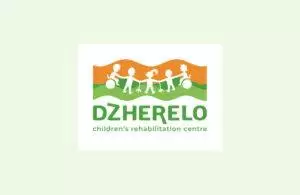
Dzeherelo
Dzherelo Children’s Rehabilitation Centre in Lviv, Ukraine brings hope and a better quality of life to children and youth with special needs and their families. The dedicated team of specialists help patients overcome challenges and attain their full potential through educational, rehabilitation services and programs in a fully accessible environment.
Veterans
The Veterans of Ukraine Fund will be used to support programs and projects that assist in the rehabilitation and benefit of Ukraine’s wounded soldiers and veterans.
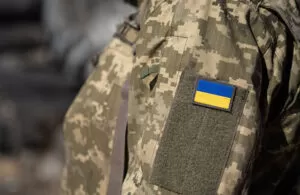
Veterans
The Veterans of Ukraine Fund will be used to support programs and projects that assist in the rehabilitation and benefit of Ukraine’s wounded soldiers and veterans.
Aid for Artists
Art is the soul of our people; our strength and identity.
The AID for ARTISTS fund of the Canada-Ukraine Foundation provides an outlet for the community at large to support the arts and artists of Ukraine who keep our homeland forward-facing, courageous and united. Preserving and advancing Ukrainian culture is now more important than ever.
Projects related to re-establishment, creation, and jobs in the arts sector will be considered. Funding will go to individuals, organizations, and all genres of visual and performing arts to improve the preservation, promotion and development of Ukrainian arts in Ukraine.
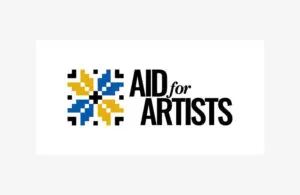
Aid for Artists
Art is the soul of our people; our strength and identity.
The AID for ARTISTS fund of the Canada-Ukraine Foundation provides an outlet for the community at large to support the arts and artists of Ukraine who keep our homeland forward-facing, courageous and united. Preserving and advancing Ukrainian culture is now more important than ever.
Projects related to re-establishment, creation, and jobs in the arts sector will be considered. Funding will go to individuals, organizations, and all genres of visual and performing arts to improve the preservation, promotion and development of Ukrainian arts in Ukraine.
Canadian Friends of Hockey in Ukraine
Canadian Friends of Hockey in Ukraine (CFHU) is committed to the development of youth hockey in Ukraine. Since 2018, CFHU has pursued the goals of fostering the development of hockey for youth in Ukraine, offering high-level coaching and training to young players, collecting and distributing new and gently-used hockey equipment, and facilitating hockey exchanges between Canada and Ukraine.
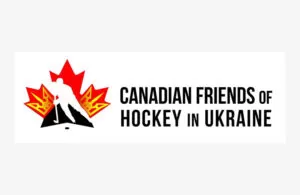
Canadian Friends of Hockey in Ukraine
Canadian Friends of Hockey in Ukraine (CFHU) is committed to the development of youth hockey in Ukraine. Since 2018, CFHU has pursued the goals of fostering the development of hockey for youth in Ukraine, offering high-level coaching and training to young players, collecting and distributing new and gently-used hockey equipment, and facilitating hockey exchanges between Canada and Ukraine.
Project Liubov-Love (PLL)
Project Liubov-Love (PLL in short) is a Canadian humanitarian project, based out of Winnipeg, that assists impoverished children and youth in Ukraine, especially those in orphanages, street homes, hospitals and medical centres, schools and refugee centres. PLL provides clothing and footwear medical supplies, school and hobby supplies and sports equipment. Presently in its 23rd year, PLL is partnering with 24 NGOs and institutions in Ukraine. PLL is proud to partner with CUF for income tax receipts for its donors.
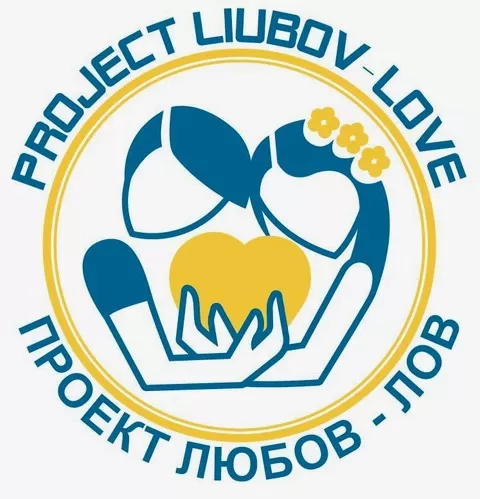

Project Liubov-Love (PLL)
Project Liubov-Love (PLL in short) is a Canadian humanitarian project, based out of Winnipeg, that assists impoverished children and youth in Ukraine, especially those in orphanages, street homes, hospitals and medical centres, schools and refugee centres. PLL provides clothing and footwear medical supplies, school and hobby supplies and sports equipment. Presently in its 23rd year, PLL is partnering with 24 NGOs and institutions in Ukraine. PLL is proud to partner with CUF for income tax receipts for its donors.